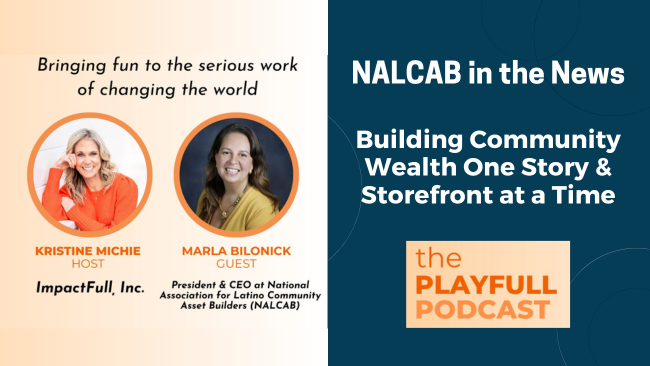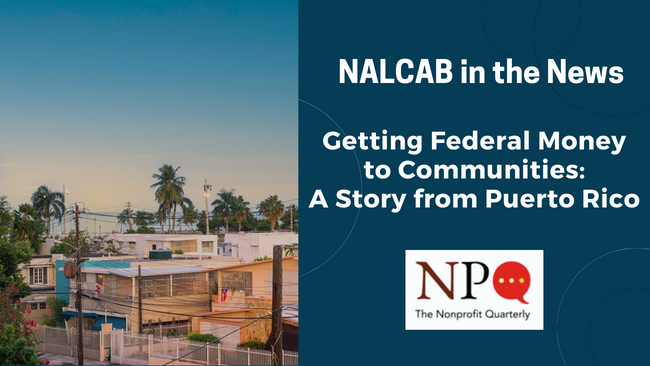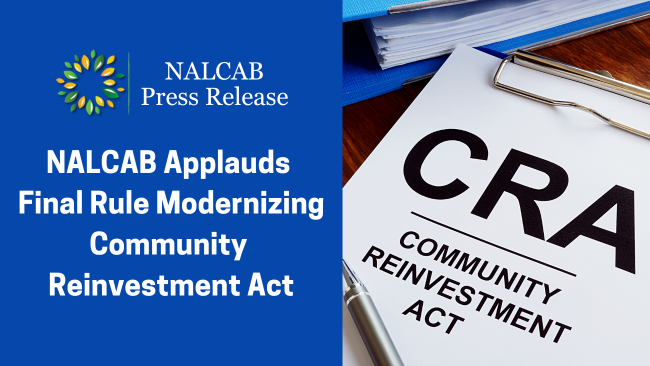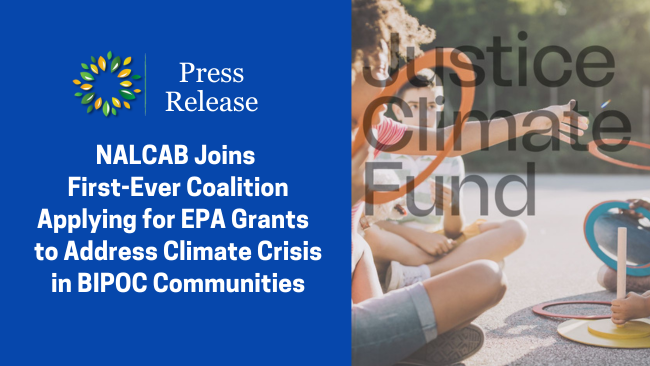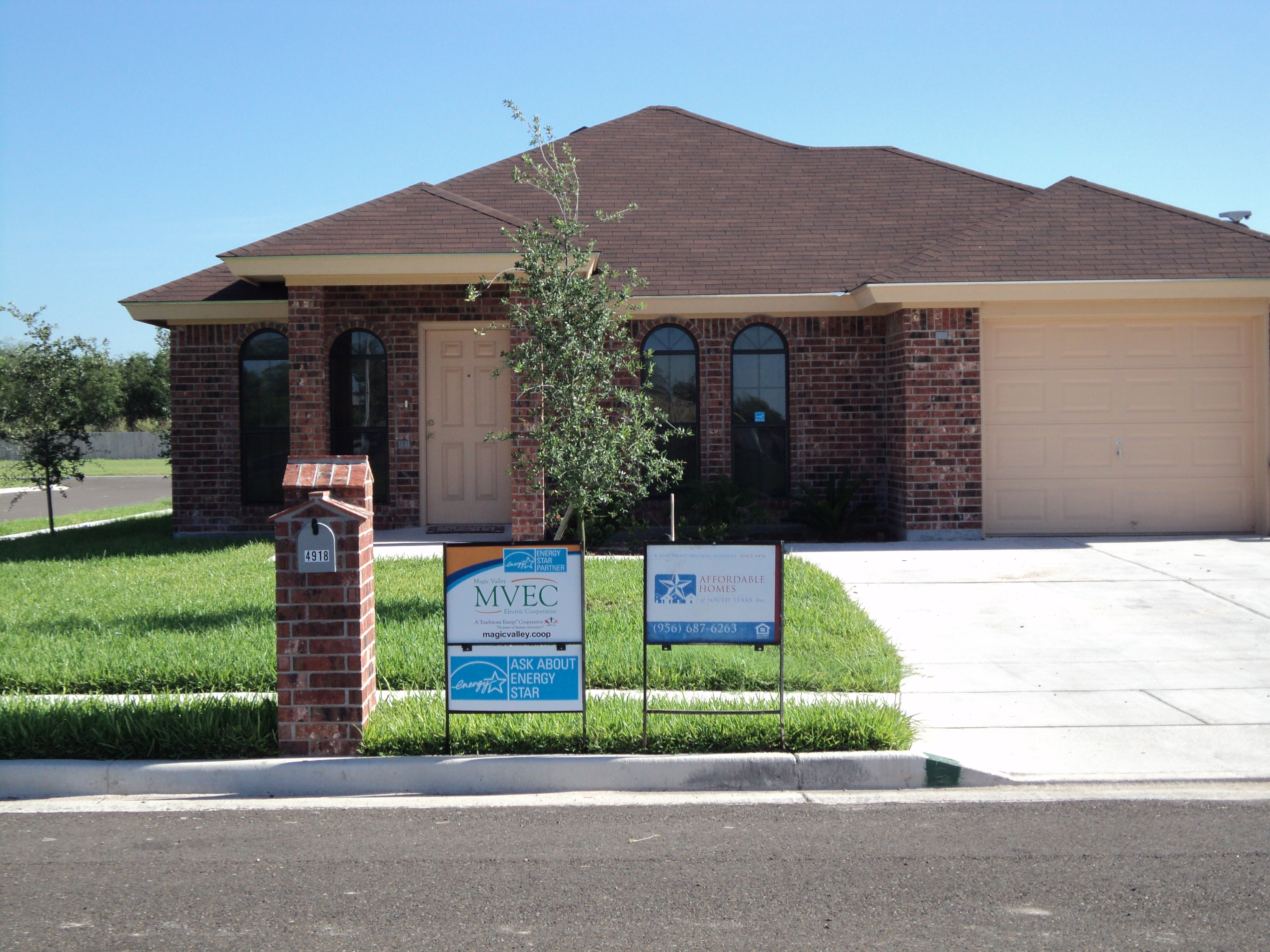
During his campaign, Donald Trump emphasized and expressed frustration about the lack of economic opportunity and mobility for Americans across the country. The idea that upward mobility is out of reach for many Americans proved to be a compelling message for many voters, paving the way to victory for President Trump.
For many Americans, the challenge of economic opportunity is acutely felt in the context of housing, whether being able to afford rent, secure a mortgage or purchase an affordable home. The price of a mortgage is now more expensive than it has been in half a decade thanks to rising interest rates and growth in home values. While this challenge is not unique to any one demographic group, Hispanic Americans disproportionately bear the weight of affordable housing challenges. According to a report from the Joint Center for Housing Studies, 23 percent of Hispanic households are severely burdened by debt, compared with just 14 percent of white households. Given that Hispanics represent a large and rapidly growing segment of the population, a reduction of the affordable housing burden would free up more money for spending and investment, resulting in a direct stimulus to the economy and greater housing security for Hispanic families.
The National Association for Latino Community Asset Builders (NALCAB) strongly supports programs that work to address the affordable housing challenge facing many Hispanic families. When the housing market works better for low-and moderate income Hispanic (LMI) consumers, the entire country benefits. That is why the Trump administration should continue the federal government’s support for programs that equitably invest in LMI Hispanic communities.
A key strategy for the Trump administration to address the affordable housing challenge is through the continued support for Community Development Financial Institutions (CDFIs), the Community Development Block Grant (CDBG) program, and the HOME Investment Partnership Program (HOME). CDFIs are community-based, private-sector financial entities that address the lending, debt and equity needs of LMI communities. CDFIs bring a community-centric lens to investing in affordable housing, a vision that mainstream financial institutions do not often share. Equally as important are the CDBG and HOME programs, which provide funding for new home construction, rehabilitation of existing homes, and mortgage principal reduction assistance. Combined, these three programs provide a vital set of tools that enable communities to address the many elements of their affordable housing needs.
To see these tools in action, look to Affordable Homes of South Texas, Inc. (AHSTI). Headquartered in McAllen, Texas, AHSTI enhances the quality of life for the people of South Texas by providing affordable home ownership opportunities and related services to eligible families. South Texas has a high concentration of Hispanic residents, many of whom are LMI working people seeking affordable home ownership opportunities. AHSTI creates opportunities through land development, provision of general contracting services and mortgage financing exclusively for low-income working families who do not qualify for conventional home loans. Over the past six years, AHSTI has deployed a total of $36,889,416 in single family mortgages, creating 529 new homeowners in various cities across South Texas. Twelve percent, or $4,453,806 of these funds, have come directly from Financial Assistance Awards from the CDFI Fund, while 11 percent, or $3,992,479 of these funds, have come from CDBG and HOME combined.
Funding from the CDFI Fund, CDBG program, and HOME program have proven vital to meeting AHSTI’s mission, allowing it to leverage multiple sources of capital to finance affordable home construction. AHSTI serves as a prime example of the fact that no single program offers the solution to all affordable housing challenges. Rather, it is through a combination of resources, both private and public, that organizations like AHSTI will be better equipped to meet the affordable housing opportunities of the communities they serve.
Enabling families to purchase a home of their own is an accomplishment by itself, but AHSTI’s work extends well beyond homeownership. AHSTI’s construction of new, affordable homes also generates employment opportunities for local construction companies and an increase in the tax base for municipalities, spurring greater economic opportunity throughout the community.
Affordable housing investments, like those supported by AHSTI, serve as catalysts for economic development in Hispanic communities across the country. If we truly wish to improve our national infrastructure, we should continue to support public and private investments that make affordable housing a reality for all people.
Contributed by: Anne Pasmanick, Public Affairs Director and Daniel Palacios, Policy Associate, NALCAB
Related Posts
January 18, 2024 at 07:54 pm
(THE PLAYFUL PODCAST) Building Community Wealth On ...Posted by Nidia Alvarado
...
January 10, 2024 at 04:08 pm
(NPQ) Getting Federal Money to Communities: A Stor ...Posted by Hallie Chavez
...
October 27, 2023 at 08:18 pm
NALCAB Applauds Final Rule Modernizing Community R ...Posted by Hallie Chavez
...
October 12, 2023 at 07:32 pm
NALCAB Joins First-Ever Coalition Applying for EPA ...Posted by Sharon Garcia
...




